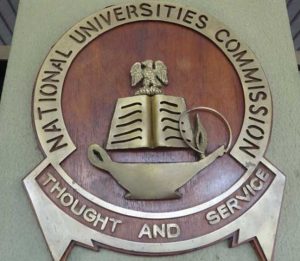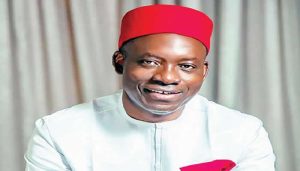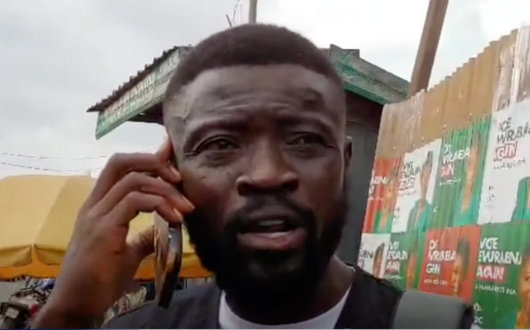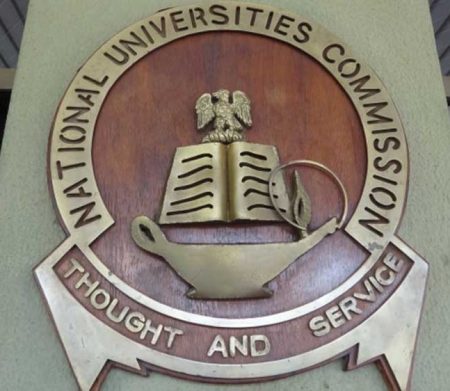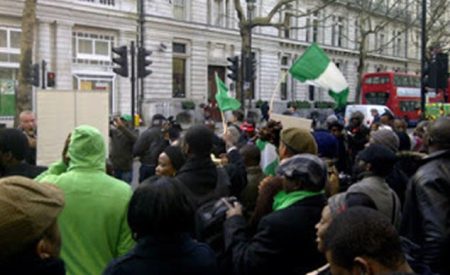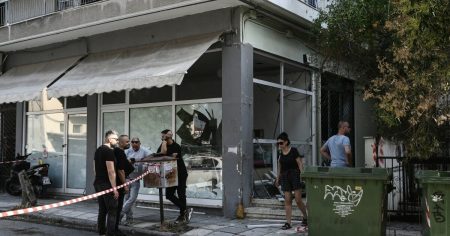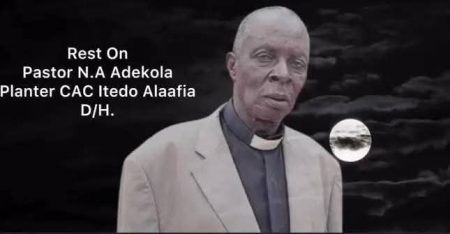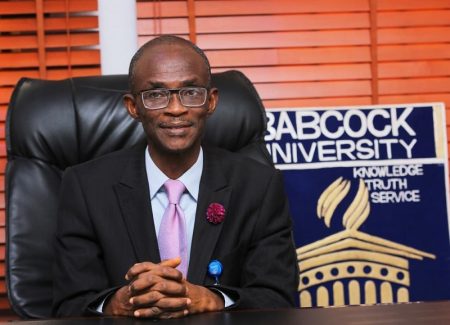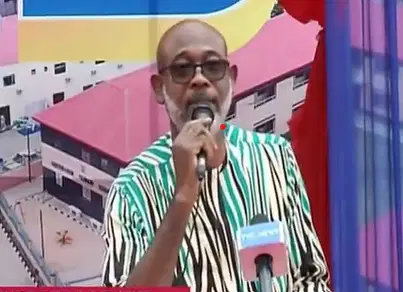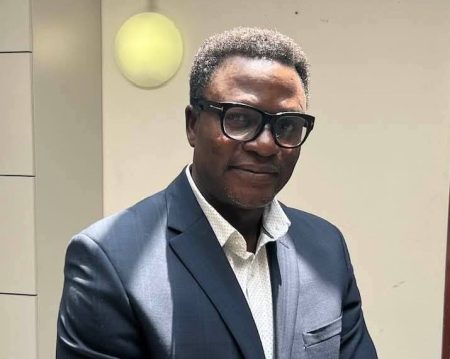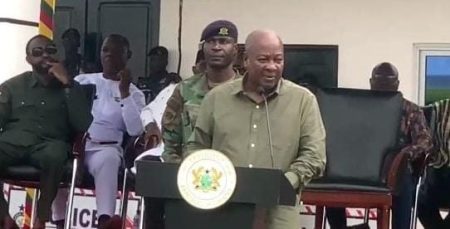The incidents surrounding the July 11 local elections in Ghana’s Ablekuma North constituency underscore a concerning trend of escalating violence against journalists, highlighting the urgent need for authorities to prioritize their safety and ensure accountability for such attacks. The chaos unfolded at a polling station overrun by a group of unidentified men who assaulted a candidate, prompting a temporary suspension of voting. Amidst this turmoil, three separate incidents targeting journalists were reported, painting a grim picture of the risks they face while covering politically charged events.
Kwabena Agyekum Banahene, a reporter with GHOne TV, found himself at the center of the first incident. While documenting the unfolding situation, a police officer ordered him to leave the premises, accompanying the directive with a physical assault. The officer slapped and pushed Banahene, resulting in an injury to his mouth. This blatant disregard for press freedom and the safety of a journalist performing his duties raises serious concerns about the conduct of law enforcement personnel, particularly in volatile environments. Banahene subsequently reported the incident to the police, leading to the suspension and charging of the officer involved.
The second incident involved Vida Wiafe, a reporter with ATV Ghana. During the same chaotic scene at the polling station, police deployed pepper spray, and Wiafe was caught in the crossfire. While it remains unclear whether she was specifically targeted by the police, the incident highlights the potential for collateral damage when excessive force is used in situations involving the press. The lack of clarity surrounding the incident necessitates a thorough investigation to determine the circumstances surrounding the pepper spray deployment and whether any protocols were breached.
The third incident involved Joy News reporter Sally Martey, who was assaulted by a partially masked man. The man struck Martey from behind and shoved her, further highlighting the vulnerability of journalists covering these events. The masked assailant’s actions, captured on video, underscore the audacity of such attacks and the apparent lack of fear of repercussions. This incident, like the others, emphasizes the need for heightened security measures to protect journalists and ensure they can carry out their duties without fear of physical harm.
The Committee to Protect Journalists (CPJ) has condemned these attacks and called upon Ghanaian authorities to take swift action to ensure the safety of journalists. The organization emphasized the need for accountability in such cases, pointing to a pattern of attacks on the press that have seemingly gone unpunished. CPJ Regional Director Angela Quintal noted that these recent assaults are merely the latest examples of the ongoing threats journalists face in Ghana. The lack of sufficient accountability for past attacks contributes to a climate of impunity, emboldening perpetrators and creating a dangerous environment for members of the press.
The CPJ’s call for accountability reflects a broader concern about the erosion of press freedom in Ghana. The ability of journalists to report freely and without fear of reprisal is fundamental to a functioning democracy. These attacks, coupled with the seeming reluctance of authorities to thoroughly investigate and prosecute those responsible, send a chilling message to the press corps and threaten the public’s right to access information. The Ghanaian government must take concrete steps to address these concerns and ensure that journalists can operate safely and without intimidation. The police have promised to arrest individuals involved in the violence, but concrete action and demonstrable results are crucial to restoring confidence in the government’s commitment to press freedom.


